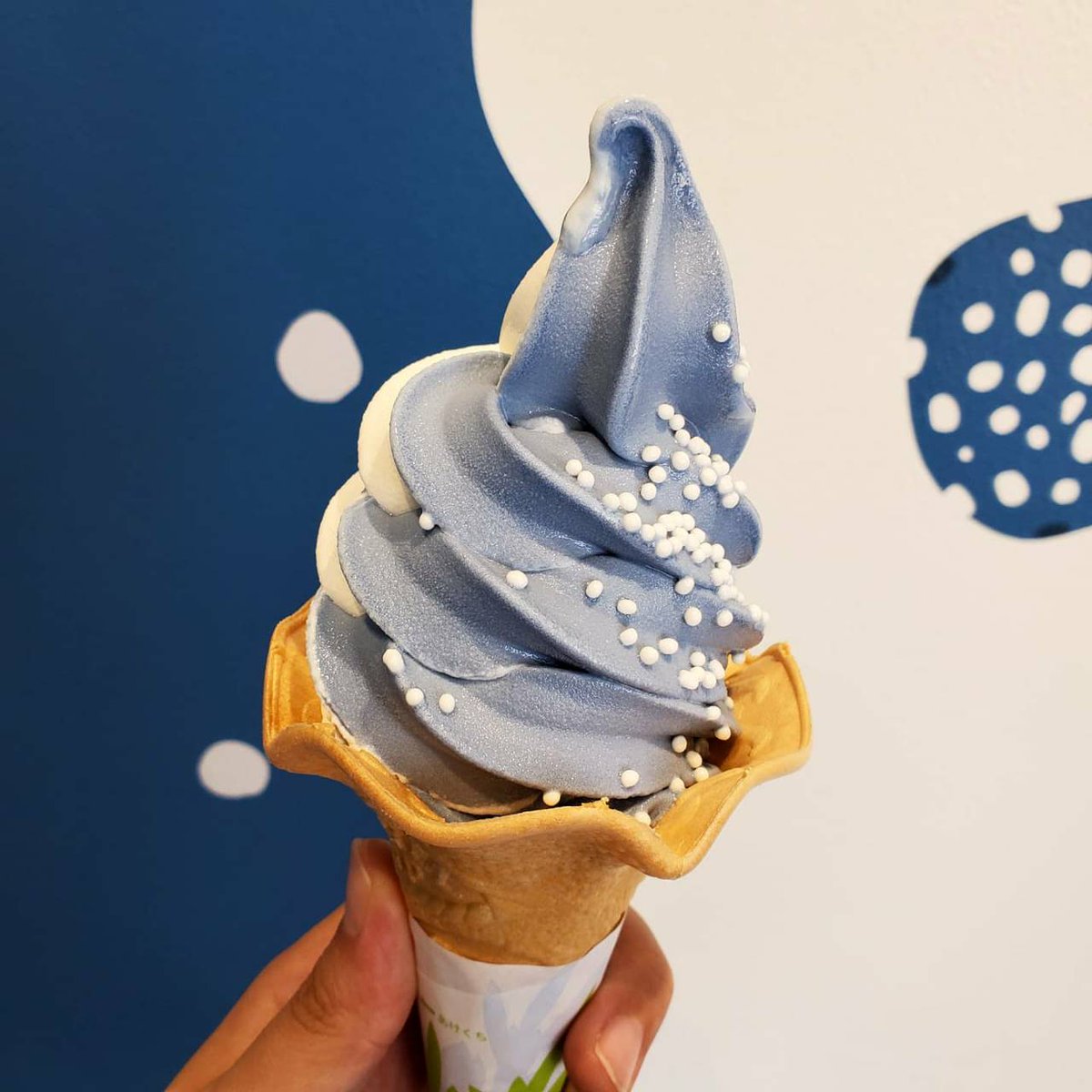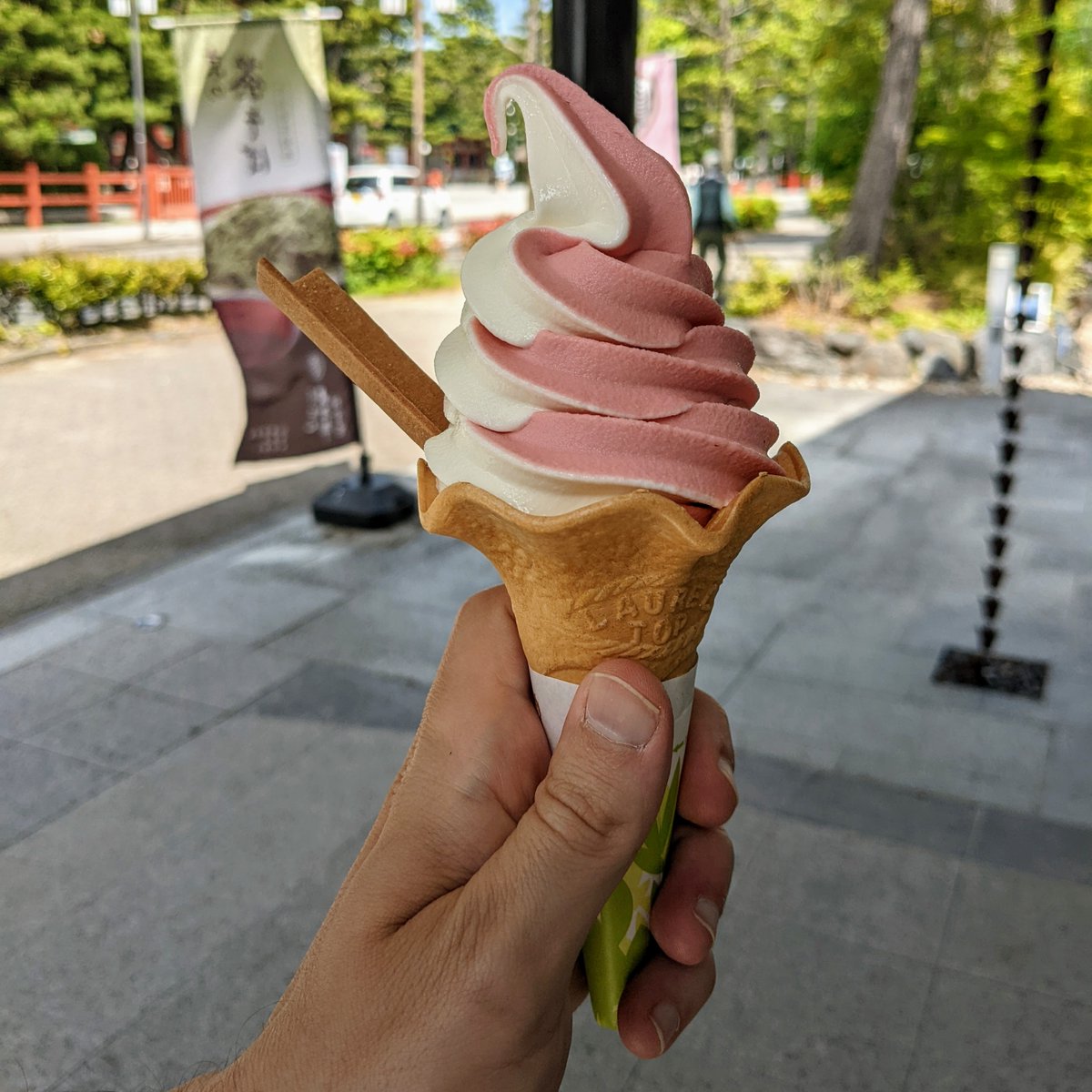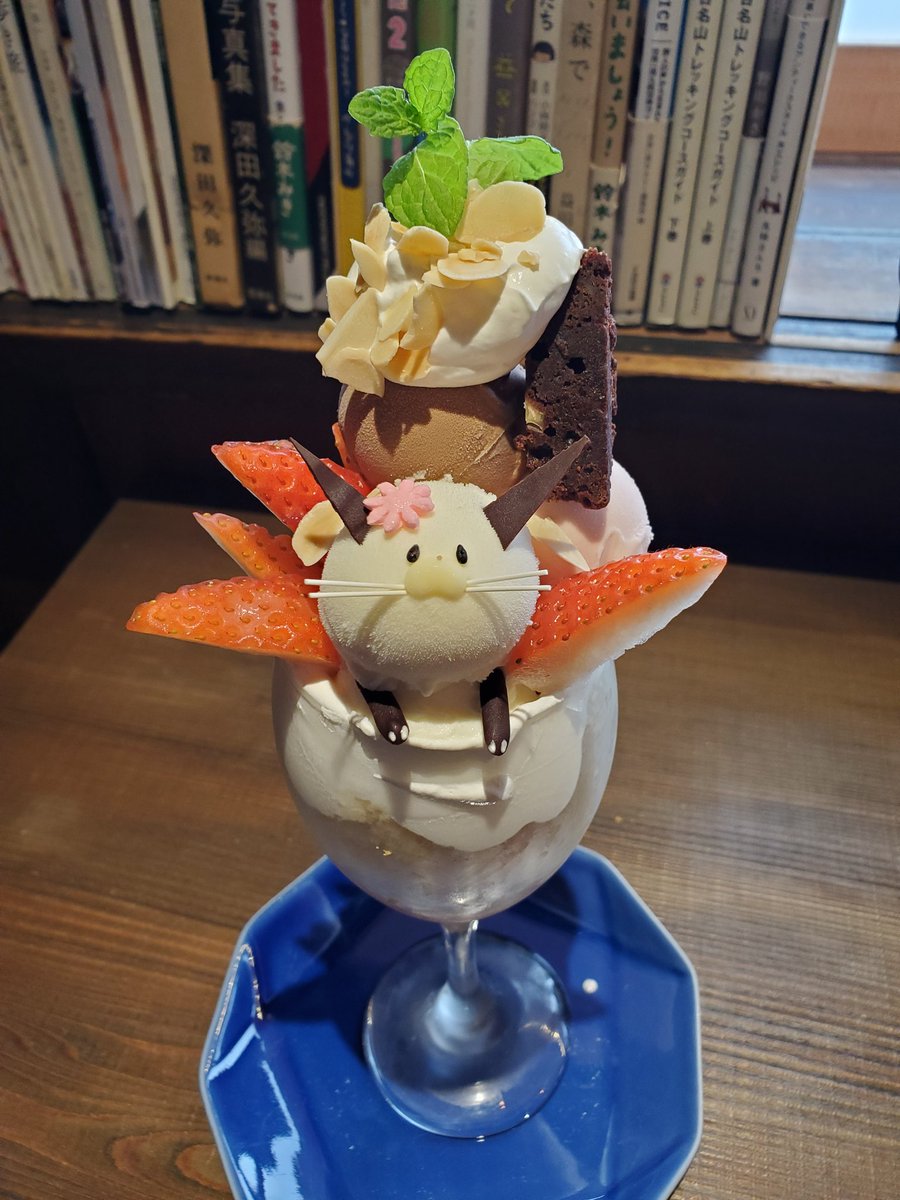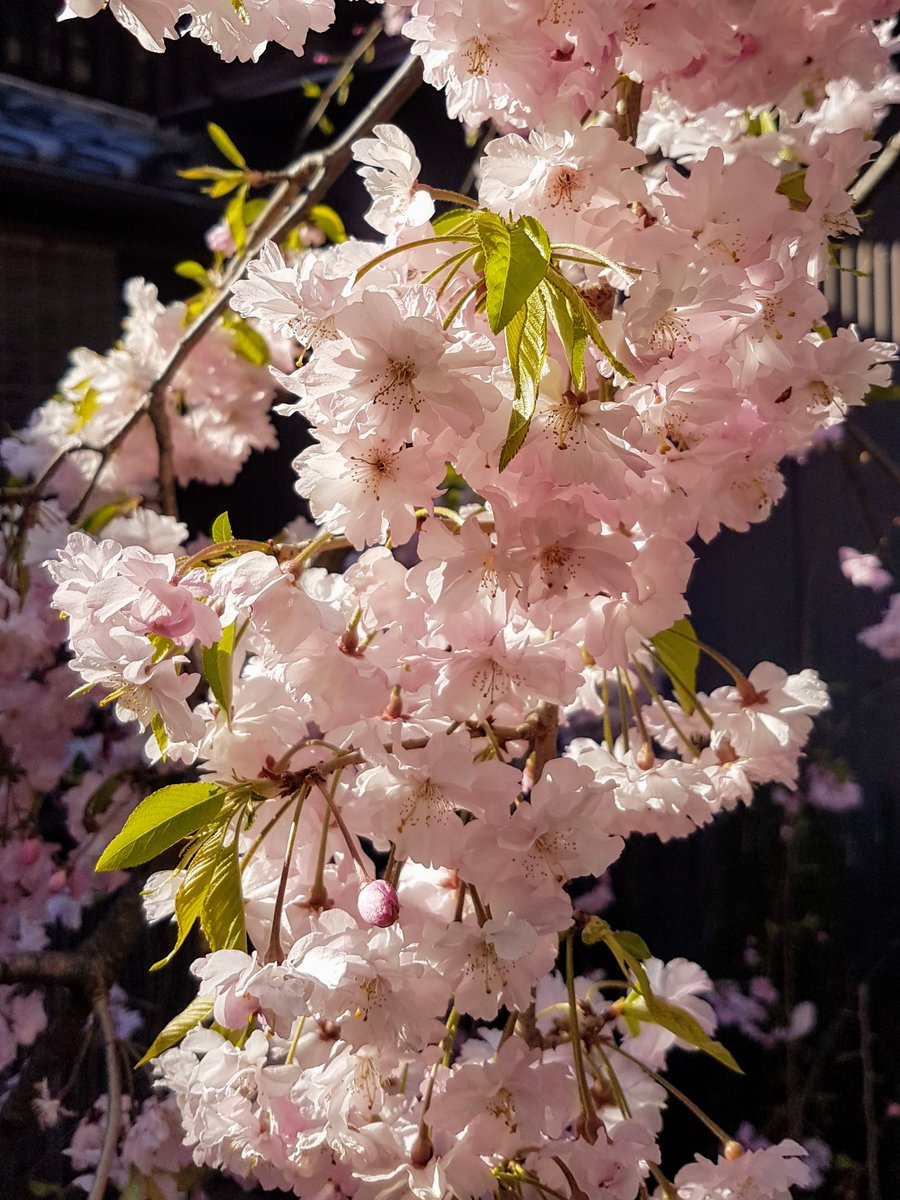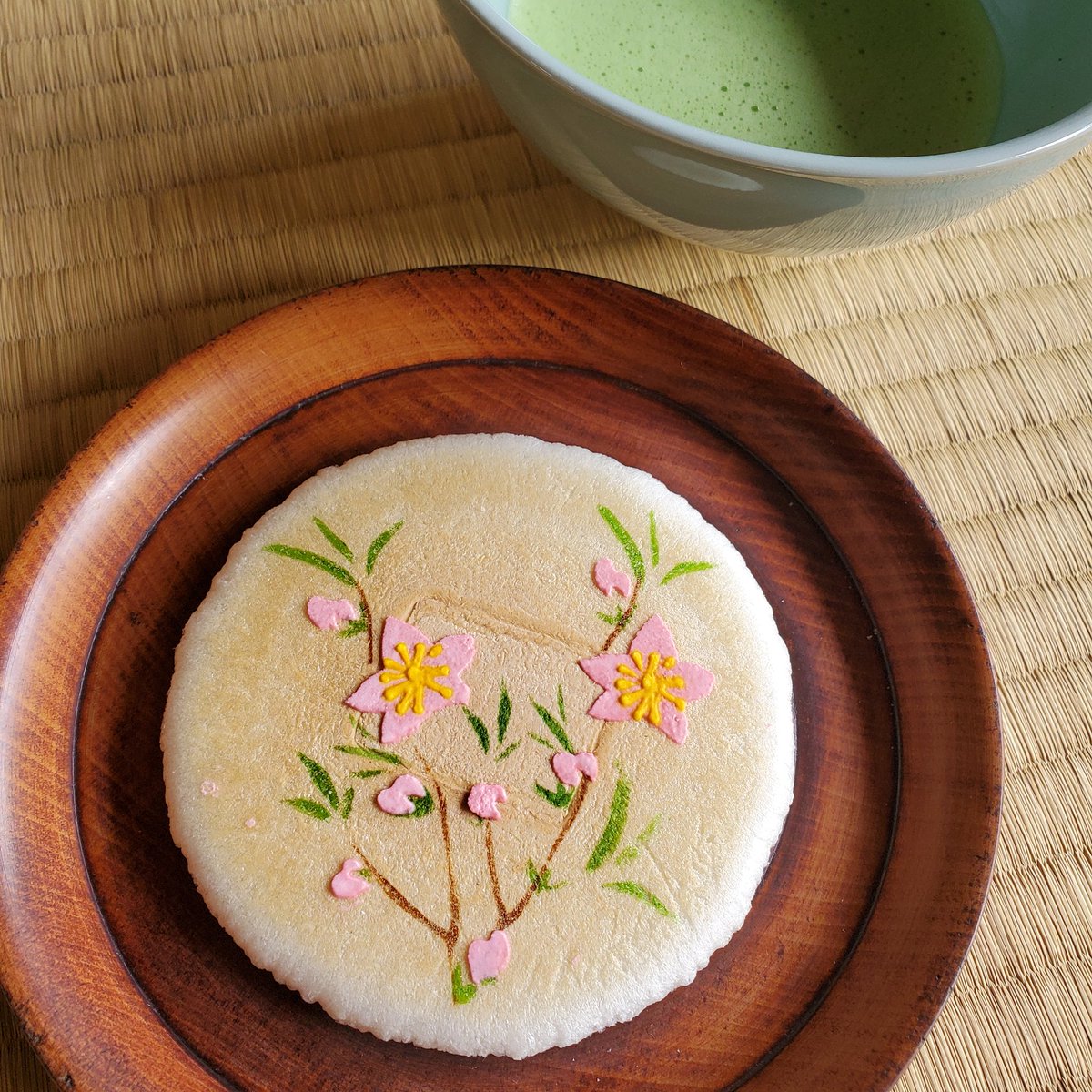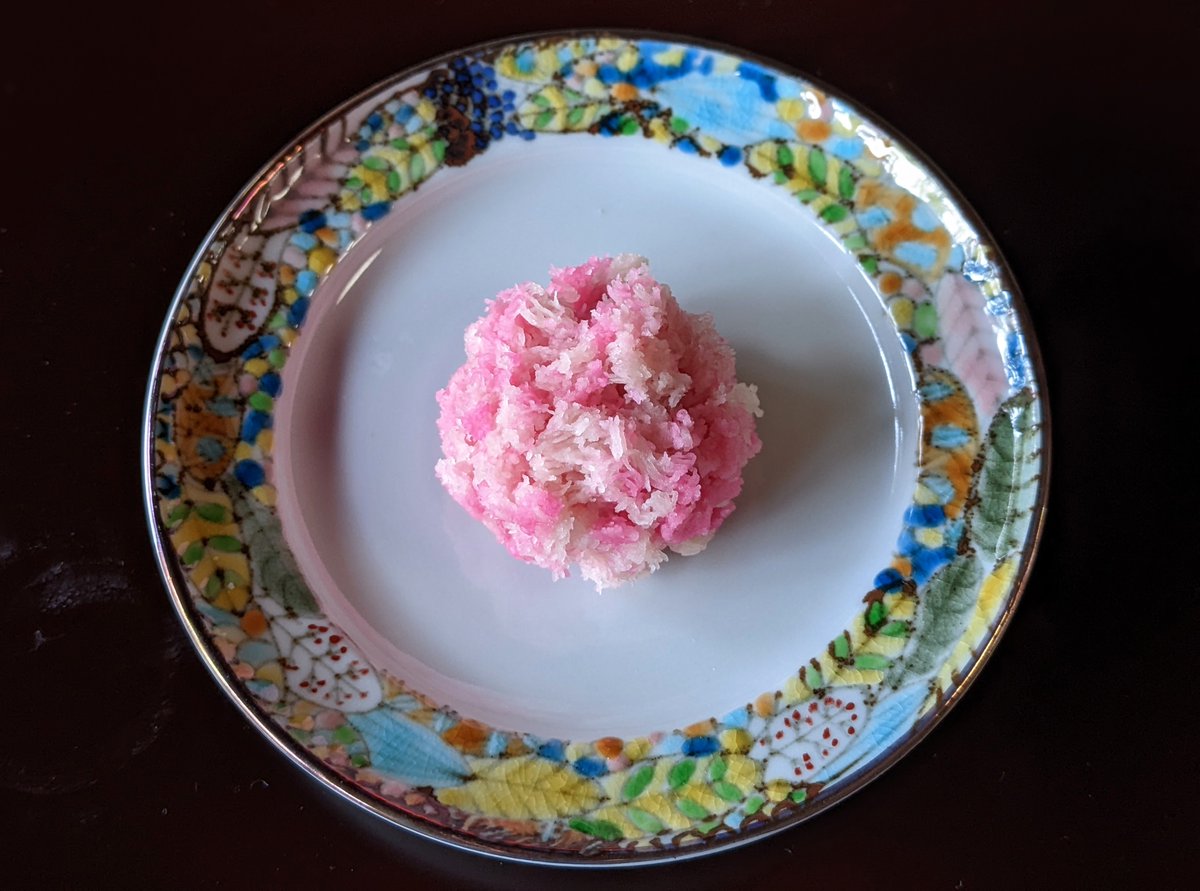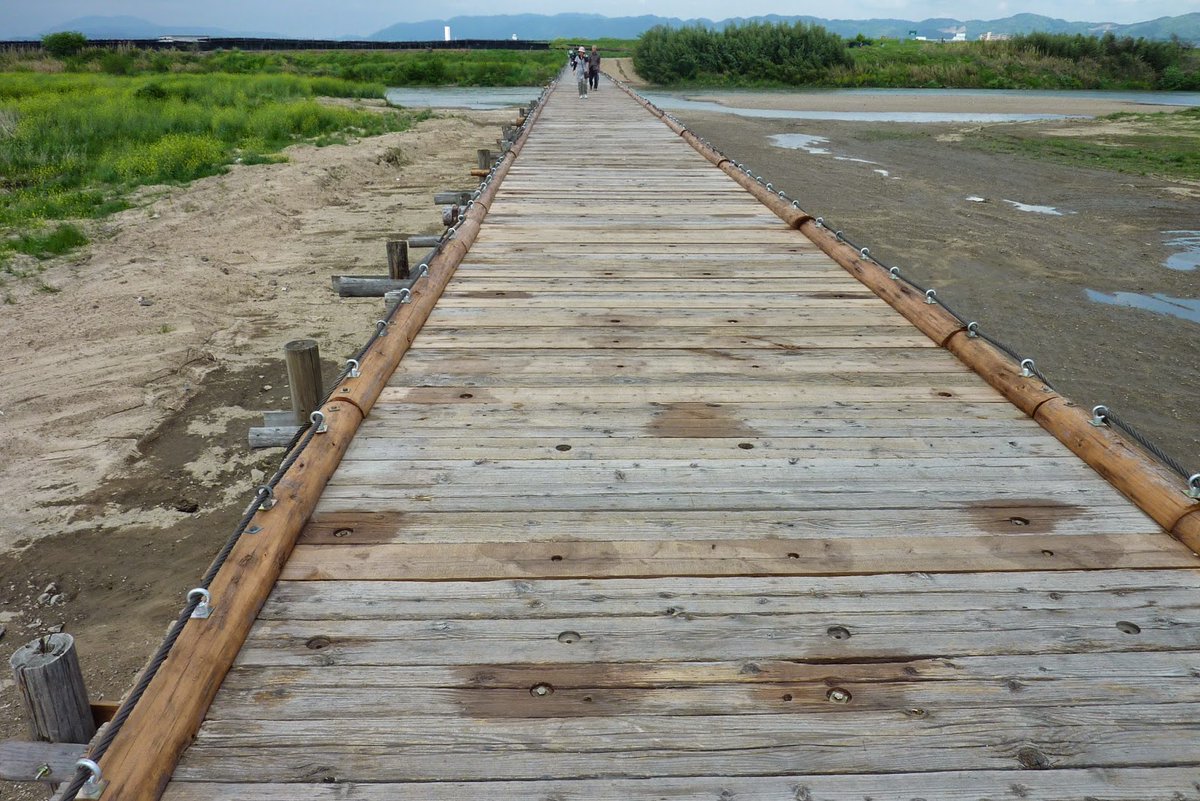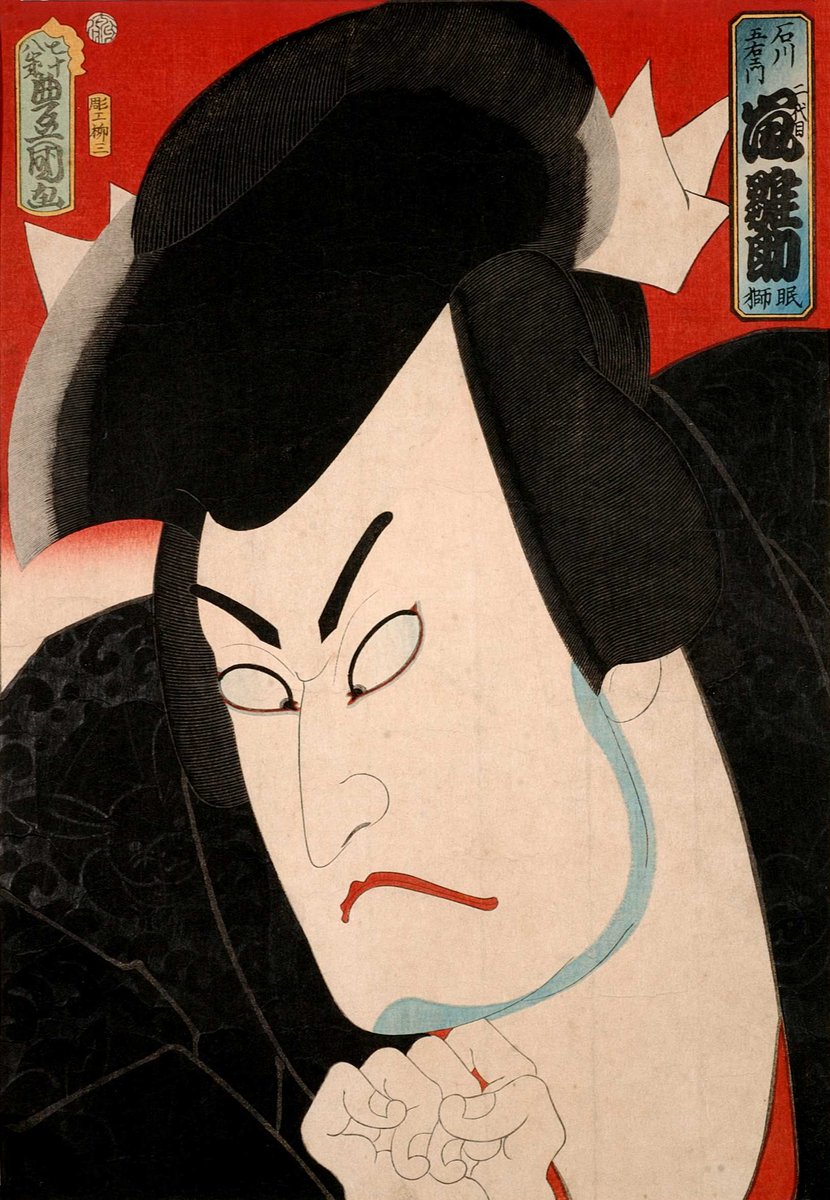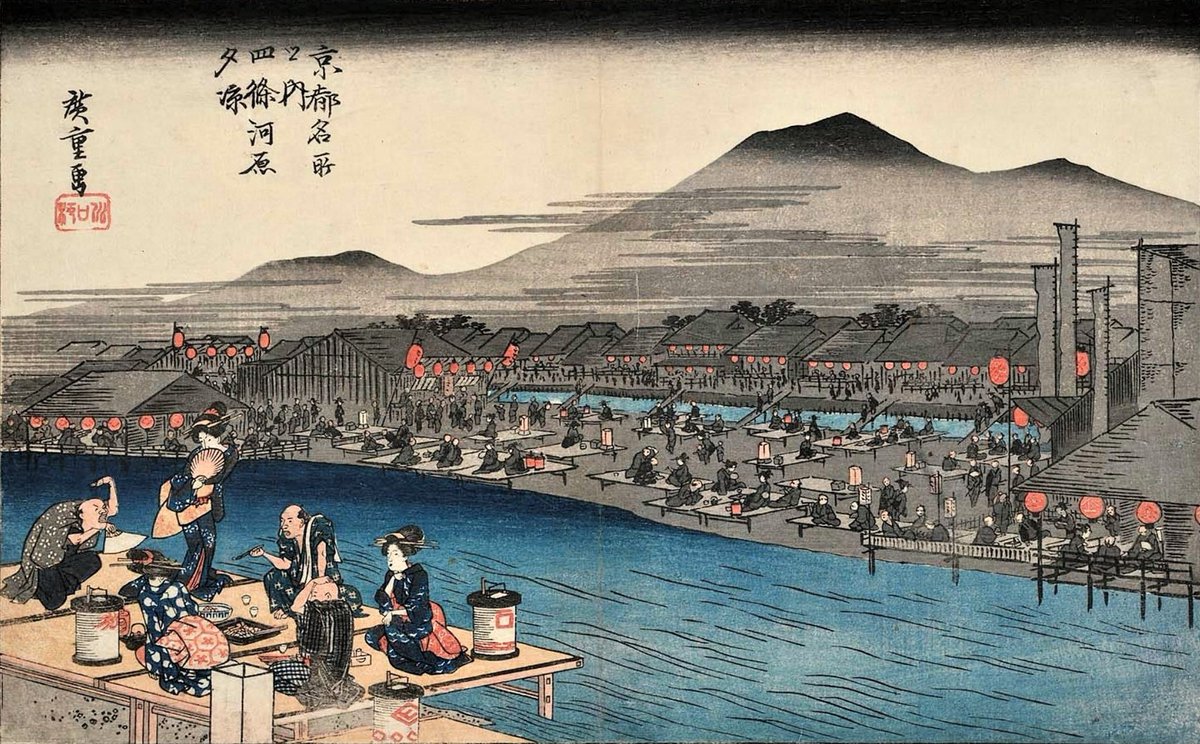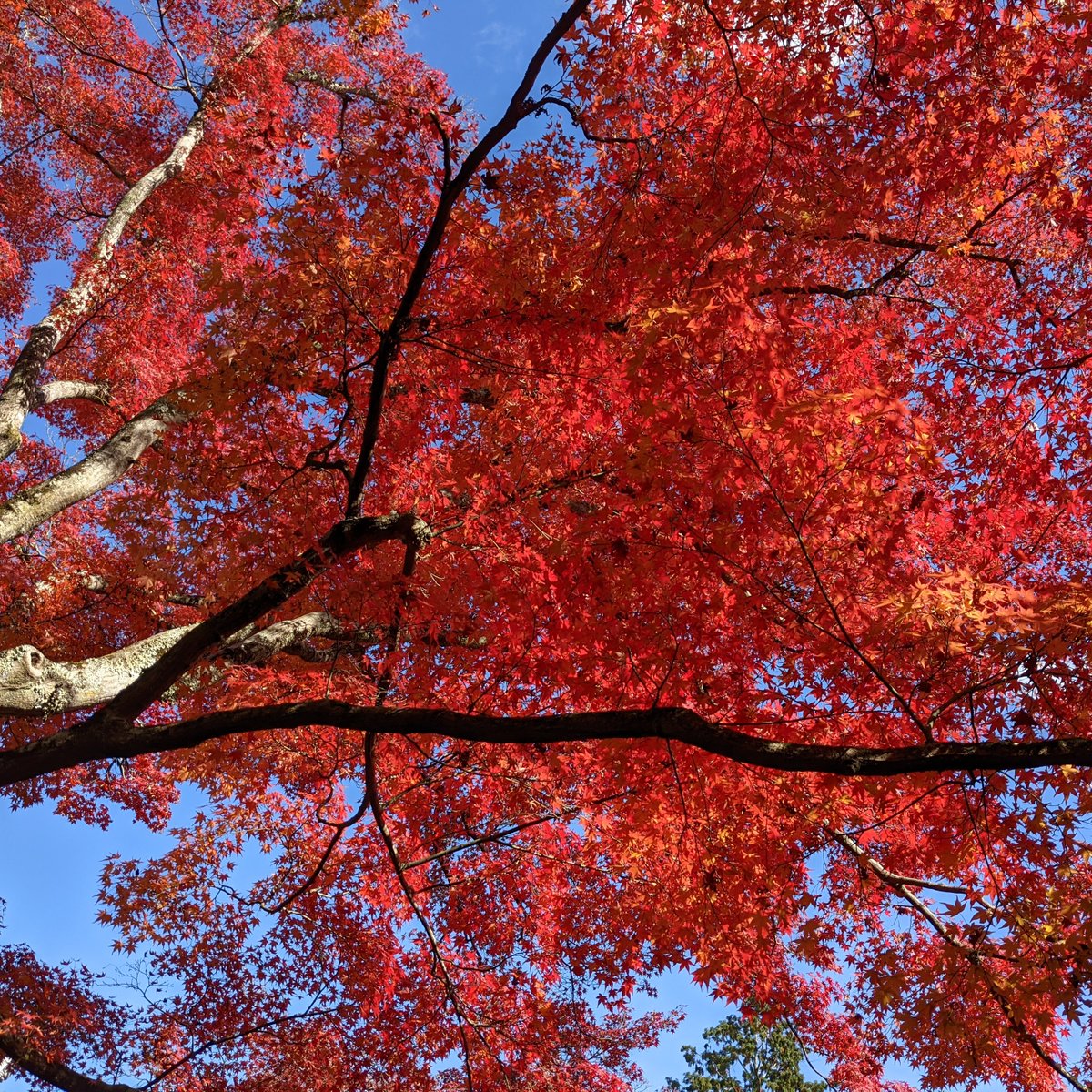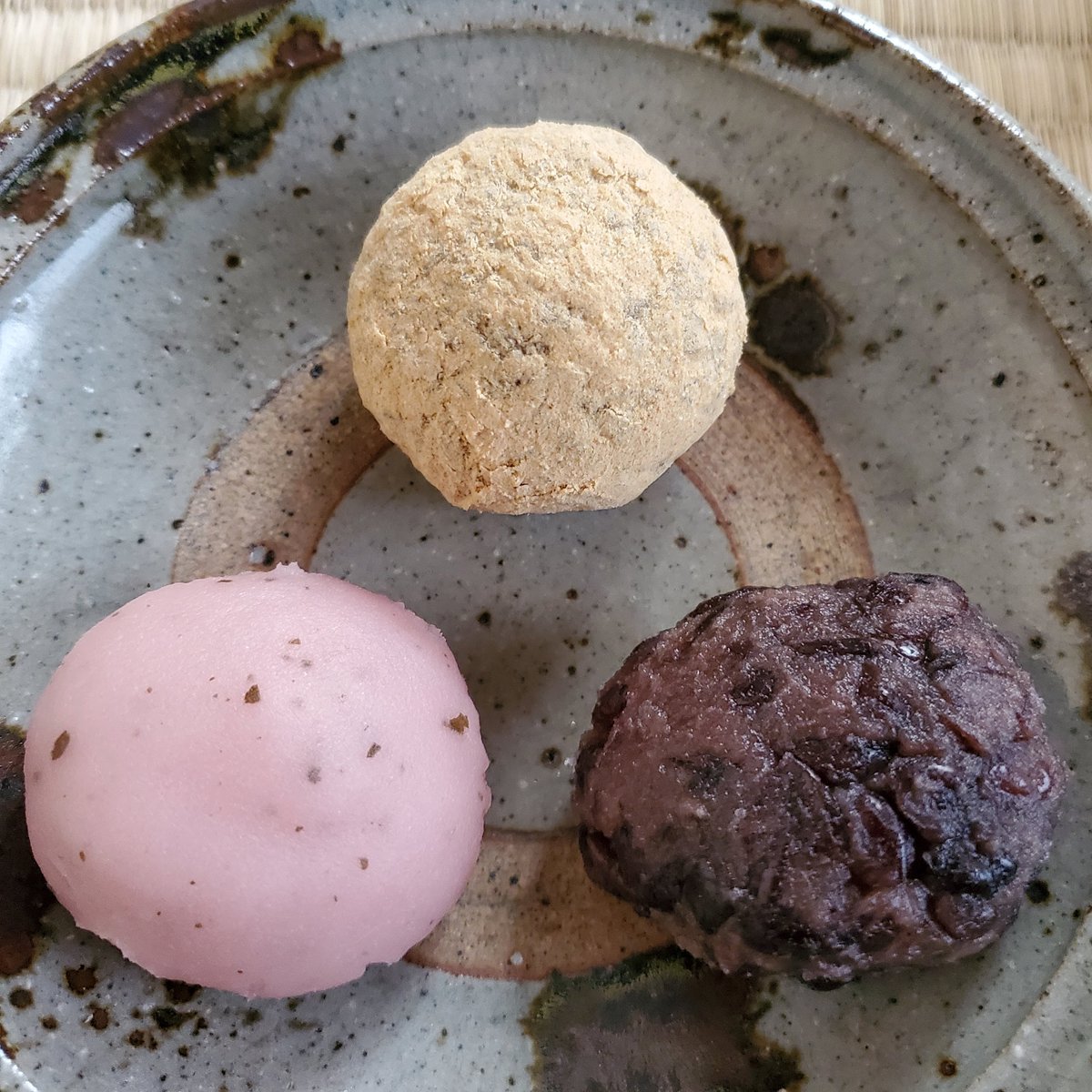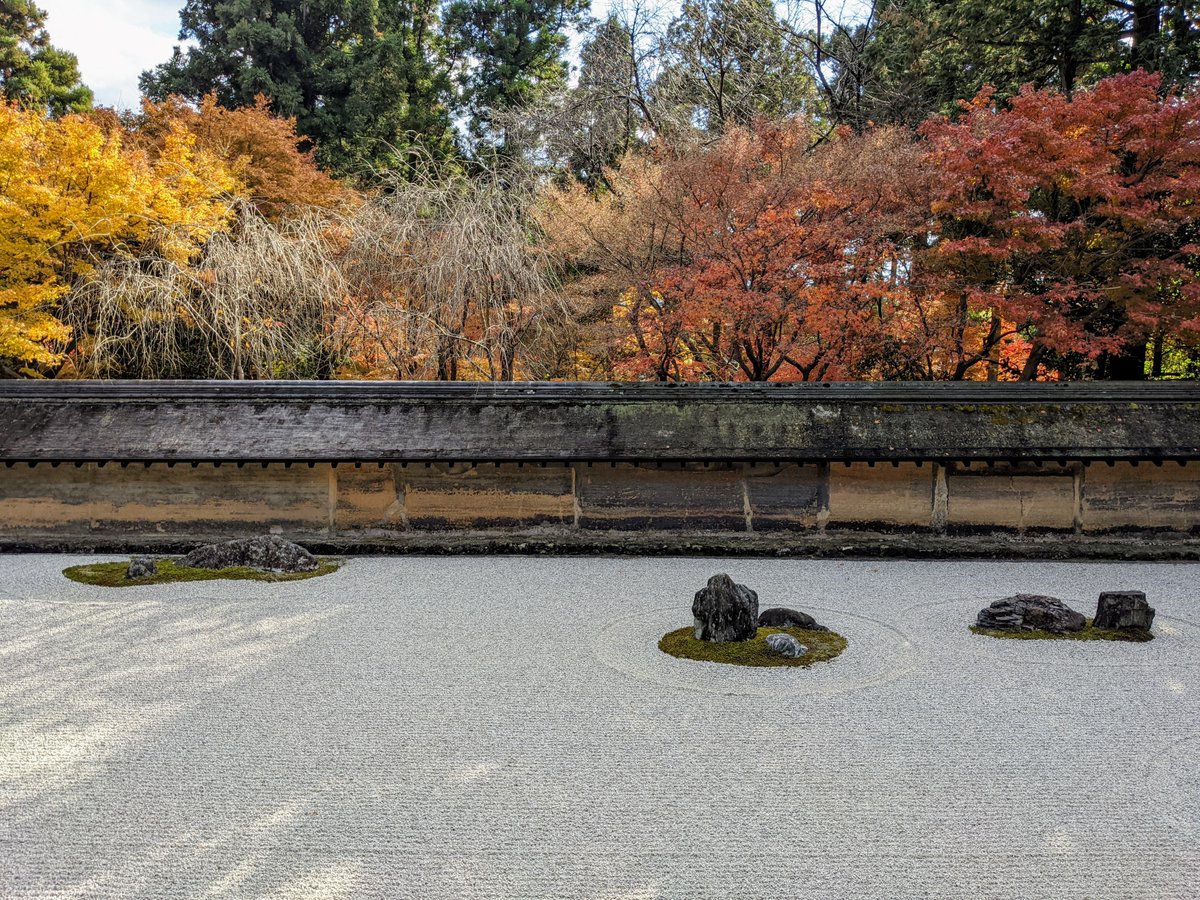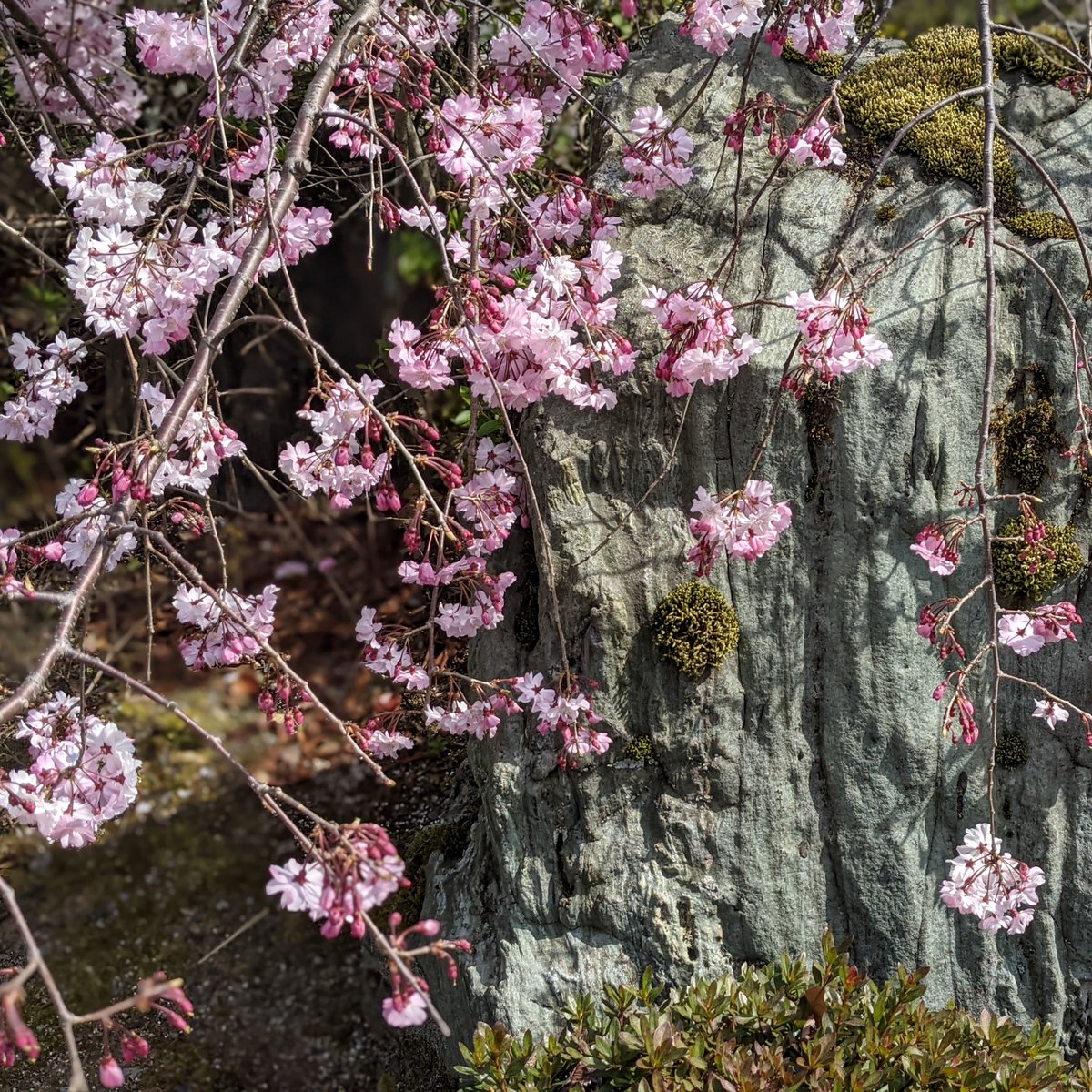
🐉THE 7 WONDERS OF EIKAN-DŌ🪹
Like many holy sites in Kyōto, Eikan-dō (永観堂) once proudly boasted of its '7 Wonders' (七不思議). This list of miraculous spots and objects acted as an early form of promotion to attract pilgrims (and their money).
#Kyoto #京都 #Japan #永観堂



Like many holy sites in Kyōto, Eikan-dō (永観堂) once proudly boasted of its '7 Wonders' (七不思議). This list of miraculous spots and objects acted as an early form of promotion to attract pilgrims (and their money).
#Kyoto #京都 #Japan #永観堂

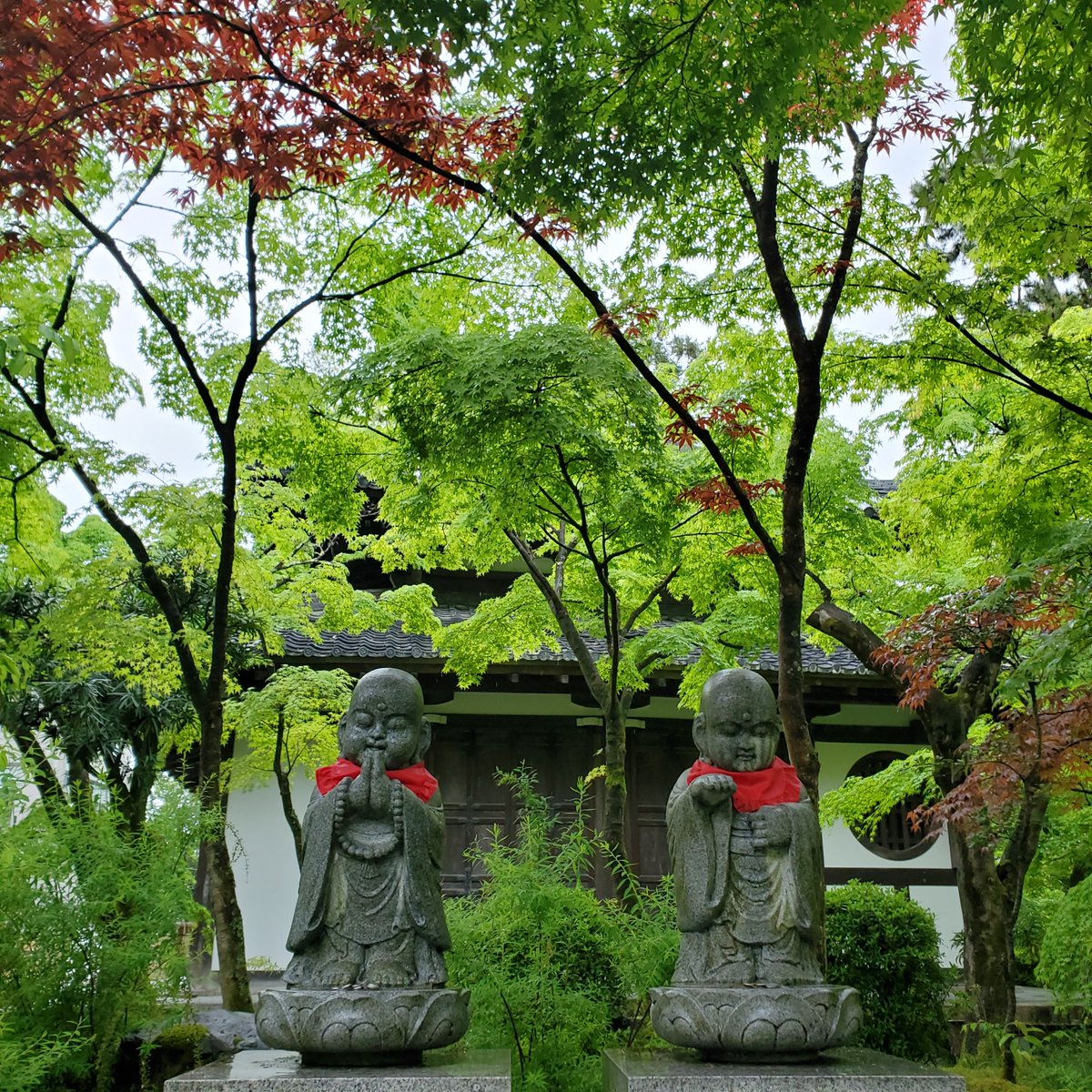


A little while ago I talked about the '7 Wonders of Kitano Tenman-gū' (北野天満宮)🐂⬇️
As you will see with both Kitano Tenman-gū and Eikan-dō, the number is more than just 7 (I guess 7 has a nice ring to it)🤔
#Kyoto #7Wonders #京都 #北野天満宮 #永観堂
https://twitter.com/camelliakyoto/status/1496724576554074112?s=20&t=slXzrqImwpiDdhKS_kMw4g
As you will see with both Kitano Tenman-gū and Eikan-dō, the number is more than just 7 (I guess 7 has a nice ring to it)🤔
#Kyoto #7Wonders #京都 #北野天満宮 #永観堂
1) THE LOOKING BACK AMIDA🤨
Eikan-dō is perhaps best known for its 77cm tall statue of Amida looking back over his shoulder ('Mikaeri-Amida' 見返り阿弥陀).
Having been locked away from the public in Tōdai-ji's treasure house, when he left the temple Yōkan took the image with him.



Eikan-dō is perhaps best known for its 77cm tall statue of Amida looking back over his shoulder ('Mikaeri-Amida' 見返り阿弥陀).
Having been locked away from the public in Tōdai-ji's treasure house, when he left the temple Yōkan took the image with him.
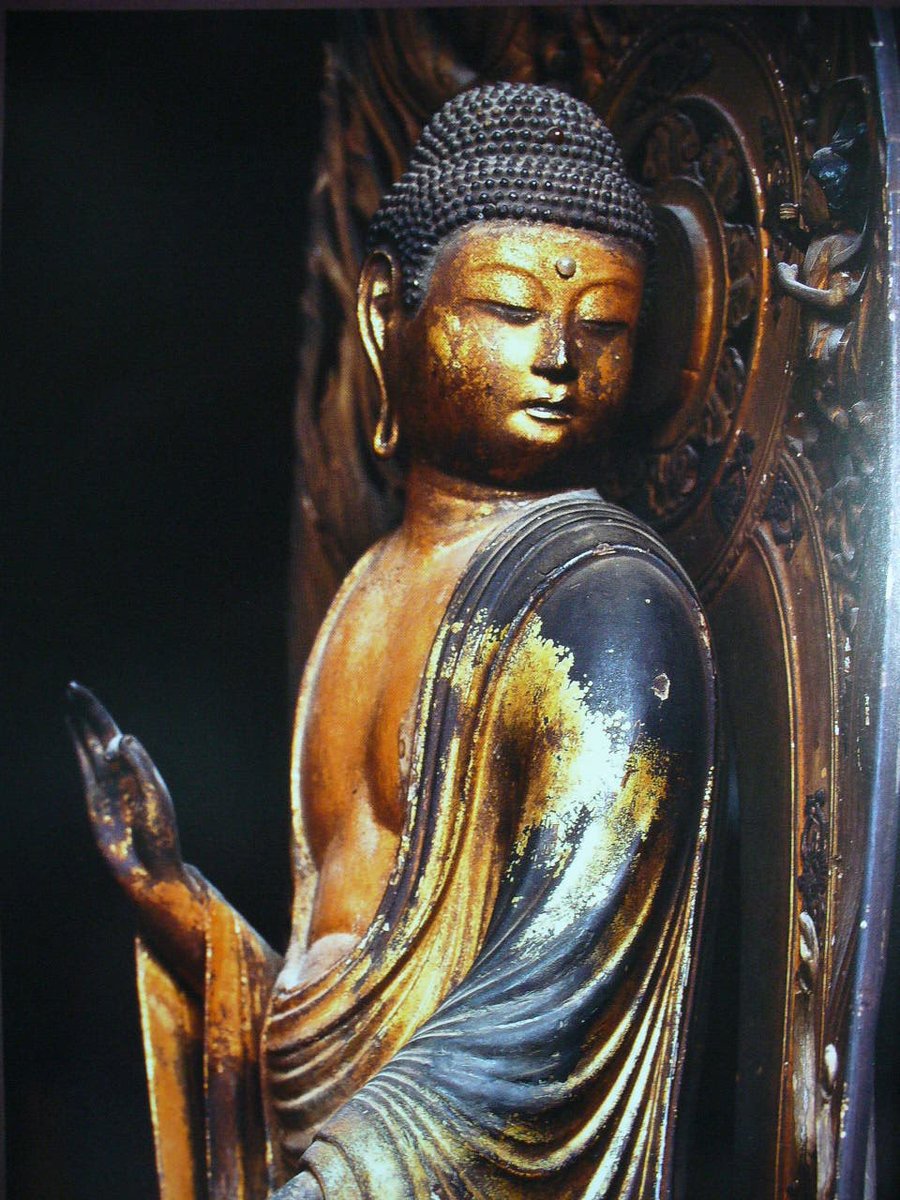



Yōkan later explained that he had heard Amida calling to him, chastising those that had hidden the statue away, where it could not bring salvation.
Tōdai-ji monks tried to pull the image away from Yōkan, but it mysteriously stuck to his back, and eventually they gave up.
#Japan



Tōdai-ji monks tried to pull the image away from Yōkan, but it mysteriously stuck to his back, and eventually they gave up.
#Japan




At this time the statue was like most images of Amida, depicted facing forward. This changed on a freezing February 15th 1082.
As was his routine, Yōkan (then 50) was circling the statue whilst chanting the nenbutsu (calling out Amida's name).
Cold and tired, his pace grew slow.
As was his routine, Yōkan (then 50) was circling the statue whilst chanting the nenbutsu (calling out Amida's name).
Cold and tired, his pace grew slow.
Quite suddenly the statue of Amida climbed down from his pedestal & began circling the room with Yōkan. Astonished, the abbot all but stopped.
Amida turned, looked over his left shoulder, and said "Yōkan, don't dawdle!".
Yōkan quickened his pace, & worshipped with the real Amida!



Amida turned, looked over his left shoulder, and said "Yōkan, don't dawdle!".
Yōkan quickened his pace, & worshipped with the real Amida!




After prayer Amida returned to statue form, but with his head forever glancing over his shoulder.
To Yōkan the looking back gesture confirmed that Amida would take care of everyone that called upon him, regardless of their faith, circumstance, or status in life.
#Kyoto #永観堂



To Yōkan the looking back gesture confirmed that Amida would take care of everyone that called upon him, regardless of their faith, circumstance, or status in life.
#Kyoto #永観堂




2) THE RECLINING DRAGON🐉
The 'Garyū-rō' (臥龍廊 'Reclining Dragon Corridor') curls gently from the Kaizan-dō (開山堂) up the hillside, like the spine of a dragon.
Constructed in 1504 without the use of a single nail, the roofed staircase was repaired in the Shōwa period.
#Kyoto



The 'Garyū-rō' (臥龍廊 'Reclining Dragon Corridor') curls gently from the Kaizan-dō (開山堂) up the hillside, like the spine of a dragon.
Constructed in 1504 without the use of a single nail, the roofed staircase was repaired in the Shōwa period.
#Kyoto



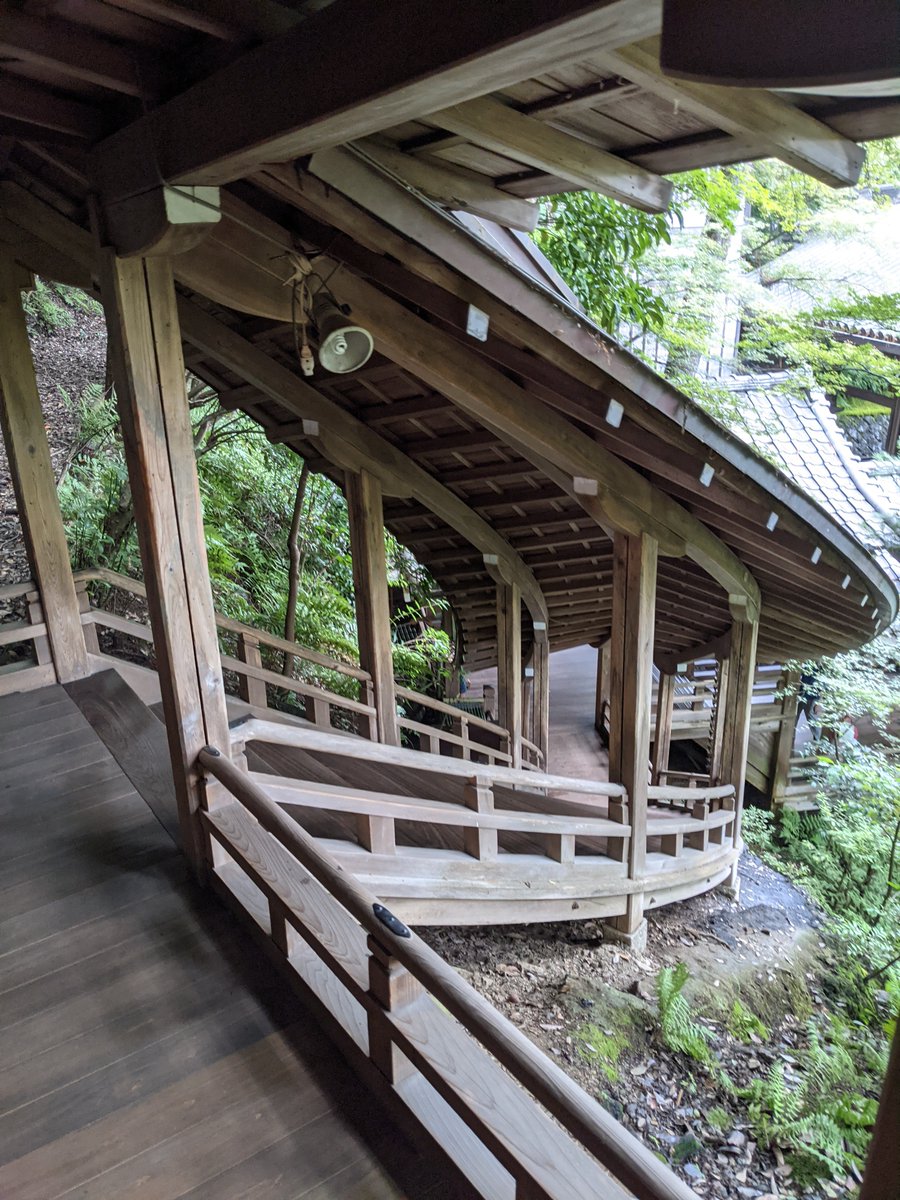
Eikan-dō Zenrin-ji (永観堂禅林寺) traces its history to Shinshō (真紹 797–873), a pupil of Kūkai. Aspiring to found a temple for worship of the 'Five Wisdom Buddhas' (五智如来), in 853 he was gifted the mansion of Fujiwara-no-Sekio (藤原関雄) to realise his dream.
#Japan #永観堂
#Japan #永観堂
At the base of the Garyū-rō (臥龍廊) is a basin known as a 'suikin-kutsu' (水琴窟 lit. 'water koto grotto').
When water is poured into the small opening the sound of trickling echoes melodiously within.
The design is simple...an upside pot sits above a basin of water.
#Kyoto
When water is poured into the small opening the sound of trickling echoes melodiously within.
The design is simple...an upside pot sits above a basin of water.
#Kyoto
• • •
Missing some Tweet in this thread? You can try to
force a refresh


